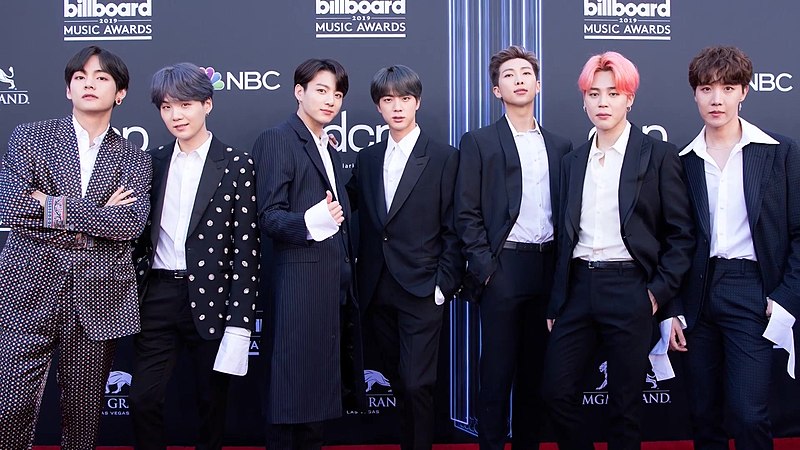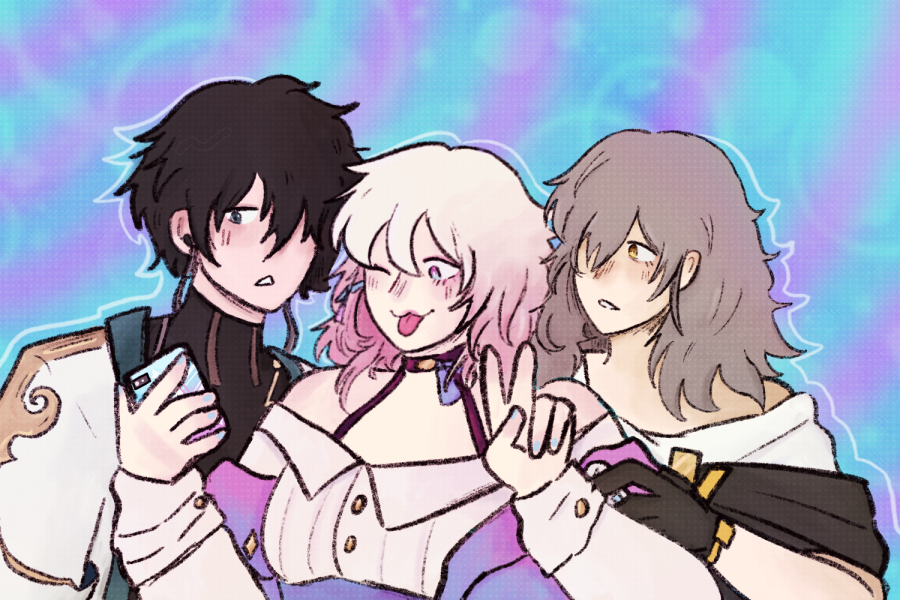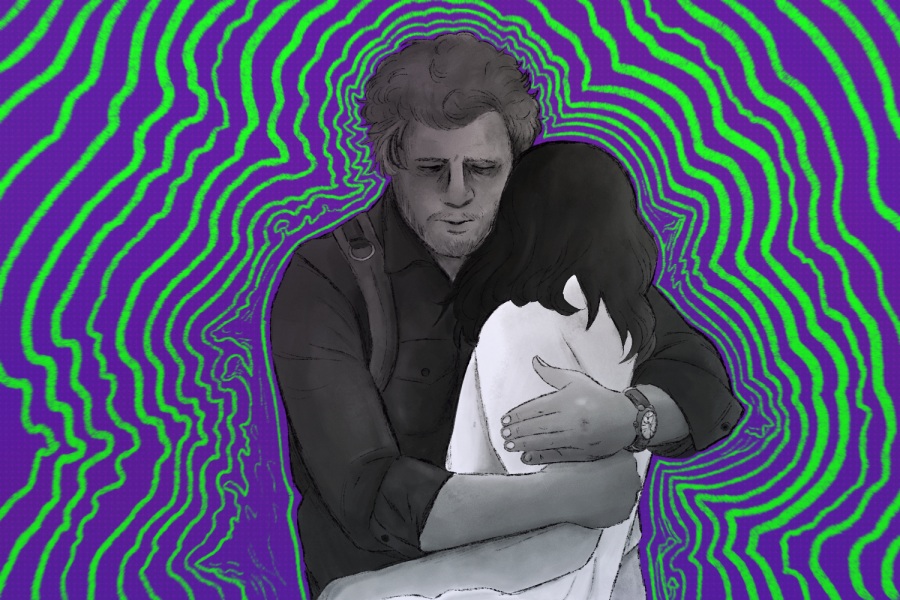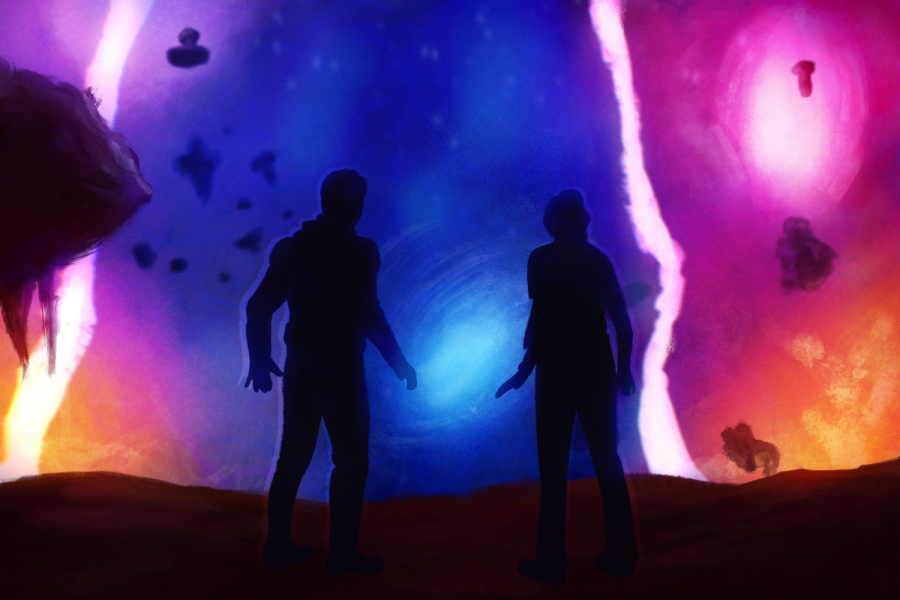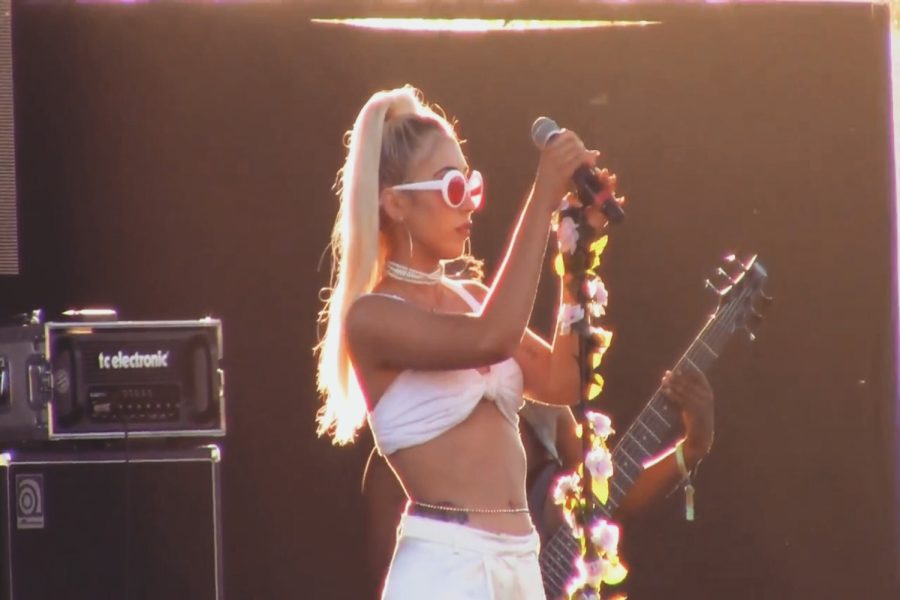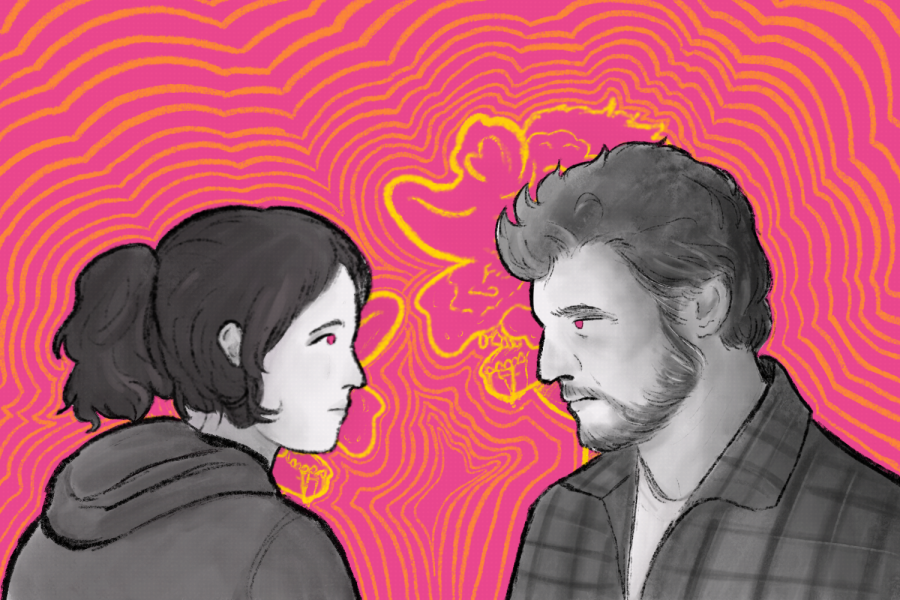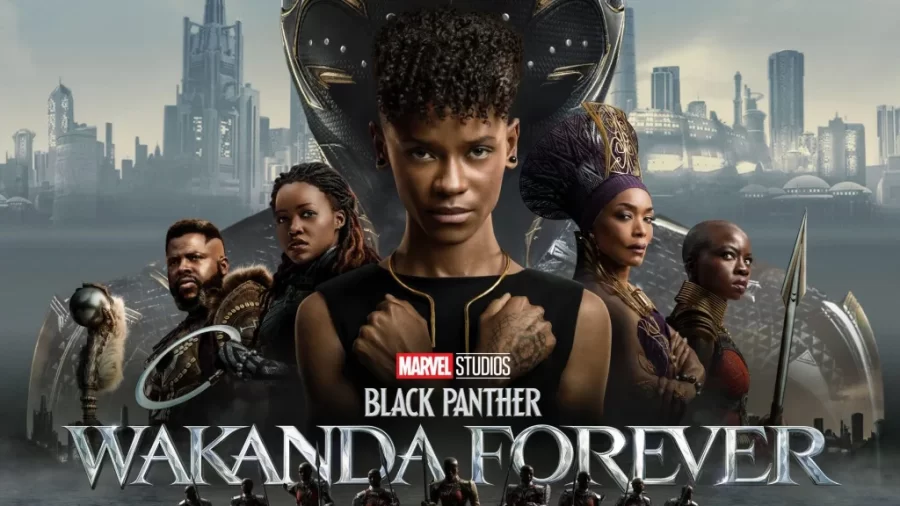Seven years; seven members; seven albums.
For worldwide sensation Bangtan Sonyeondan (BTS), seven has become their defining number and the name of their most recent album, “Map of the Soul (MOTS): 7.”
With “MOTS: 7,” BTS pays homage to their rookie days, sampling earlier works and referencing their past struggles in an attempt to explore their “map of the soul.”
A major strength of the album is the versatility in its sounds. BTS’s music has often been typecast as teeny-bopper pop, but “MOTS: 7” noticeably breaks all genre conventions BTS has been placed into. The album includes songs ranging from the sugary-sweet “Boy with Luv” to a Memphis-style rap track called “UGH!” Somehow, BTS manages to explore different genres without ever feeling inauthentic.
“MOTS: 7” opens with rapper RM’s solo track, “Intro: Persona,” in which he raps about struggling to reconcile his public image with his true self. “Persona” is one of my favorite tracks of the album, with its catchy hook and meaningful lyrics about finding one’s self-identity amid a sea of idealized selves. In this track, RM grapples with his — and by extension, the band’s — problematic past with racism, misogyny, and colorism, addressing his past issues and how he has grown from them: “The regrets that I don’t even get sick of anymore / I tumble with them every night until I’m disgusted / And twist the irreversible time habitually / There’s something that raised me up again every time.”*
The first third of the album clearly explores BTS’s own personas as the boy band once hailed as the next One Direction. The second track, “Boy With Luv,” featuring Halsey, is a classic pop song sung from the perspective of a love-crazed teenage boy. It perfectly captures the genre and type of music which BTS, inadvertently through the associations of their personas as a squeaky-clean boy band, was expected to make.
Like “Persona,” “Boy With Luv” also addresses the band’s past, reflecting their 2014 track “Boy In Luv,” which was criticized for its portrayal of aggression as a means of wooing women. With this track, BTS attempt to essentially make things right by correcting their past mistakes.
As the album progresses, however, the sounds become darker, straying away from the bright D Major of “Boy With Luv.” By the time the fifth track, “Dionysus” rolls around, and a distinct shift in mood takes place with rock ‘n’ roll-style guitars. While I did enjoy the departure from BTS’s usual sound, the transition from the softness of the preceding three tracks to the blaring guitars felt rather jarring. However, it serves its purpose as a transition into the second third of the album rather nicely.
BTS mark their journey into the second phase of the soul with Suga’s “Interlude: Shadow,” a fast-paced rap track about his own fears and insecurities surrounding BTS’s ascent to fame. Like the first two tracks, “Shadow” echoes BTS’s past work — notably their first song, “No More Dream.” In “No More Dream,” Suga raps that he wants a “big house, big car, and big rings.” But in “Shadow,” he echoes this ambitious sentiment in the perspective of someone who has become accustomed to the fame he once sought, almost mocking or contemplating his past naiveté: “I wanna be a rap star / I wanna be the top / I wanna be a rockstar / I want it all mine.”
“Shadow” is followed by the single “Black Swan,” arguably one of the weaker tracks in the album. While “Black Swan” continues the same theme of exploring insecurities – in this case, the fear of losing one’s passions — its liberal use of autotune detracts from its musical merit. Moreover, it suffers from several dubious English lyrical choices, namely the “Do your thang / do your thang with me now” in the chorus. It’s not to say that I didn’t enjoy this track, but it fell flat compared to the rest of the album, especially for a single.
Thankfully, the following track, “Filter,” more than makes up for the overproduction of “Black Swan.” This was hands down one of my top five favorite tracks from the album. Sung in a style that is reminiscent of Latin pop by the group’s lead vocalist, Jimin, “Filter” is undeniably catchy with its harmonic minor scale melody. Jimin’s light vocals are a breath of fresh air after the songs that were heavy in bass and synth. And, as usual, “Filter” is infused with classic BTS lyrics, examining one’s desire to constantly reinvent themselves to meet others’ approval. This draws from Jimin’s own experiences with cycling through intense workouts and dieting in order to please fans.
In contrast, the lead single, “ON,” showcases another side of BTS. Set to the beat of the University of California, Los Angeles drumline, “ON” proclaims BTS’s determination to continue as a group despite constant setbacks. The rousing adlibs in the pre-chorus create a sense of grandeur and serve as a rallying cry, giving one an impression of BTS’s grit. The bridge in this song is truly fantastic; Jungkook pours his emotions into the lyrics, and one can feel the struggles the group has gone through. With its marching drumbeat in the background and sweeping melody, “ON” sounds like a coming-of-age soundtrack in an “Avengers” movie.
Another one of my favorites from the album was “UGH!,” a spitfire rap track featuring the group’s rap line (Suga, RM, and J-Hope). In “UGH!,” the rappers vocalize their outrage against the meaningless rage that permeates society today. The lyrics in this track are phenomenal, both showcasing their anger at malicious rage while remaining philosophical throughout; I highly recommend looking up the lyric translations of this song, as it takes on an entirely new meaning.
To me, “UGH!” stands out as a quintessential BTS song for its politically-charged lyrics about the implications of anger on society. Before BTS became as famous as they are today, they were known for their controversial songs on the constrictive nature of Korean society. It even contains references to their old name, Bulletproof Boyscouts, in its production with the gunfire at the end. Coincidentally, this happened to be my only criticism of the song; the gunfire came off as juvenile and cheesy, even though it was meant to pay homage to their past.
The 17th song off “MOTS: 7,” “Respect,” is also a personal favorite. Where “UGH!” is confrontational and defiant, “Respect” gently pokes fun at the confusing concept of “respect” in a playful dialogue between members Suga and RM. “Respect” still calls attention to fundamental societal problems, but in such a way that one can’t help but bop along.
The group comes together to sing the final complete track of the album, “We are Bulletproof: the Eternal,” a nostalgic throwback track referencing one of their first singles. The track somehow feels both sad and uplifting at the same time with its slower tempo; it feels like a promise to continue fighting the underhandedness of the K-pop industry and xenophobia of the West while maintaining the connection they have always had with their fans. It is, at the same time, a throwback and a glimpse into the future of the group, making it a perfect way to round off the album’s motif of returning to and acknowledging one’s past.
Rapper J-Hope ends the album with “Outro: Ego,” an infectious track that simply makes you want to get up and dance. No matter how down you feel, the chorus will never fail to make you smile. The mixture of J-Hope’s vocals and the upbeat instrumental underneath creates a track that’s almost aggressive in its happiness.
Overall, I really did enjoy the album. I liked how the group revisited past concepts, righted old wrongs, and showed their growth over the past seven years. I can’t say that there weren’t any songs that I didn’t grow to like, but the album does suffer from overproduction and a lack of cohesion in some areas. Regardless, “MOTS: 7” achieves what BTS had set out to do: connect with audiences and give their fans a deeper look into their “map of the soul.”
[star rating= “4”]
*Lyrics taken from the Genius English translations of the original lyrics in Korean

